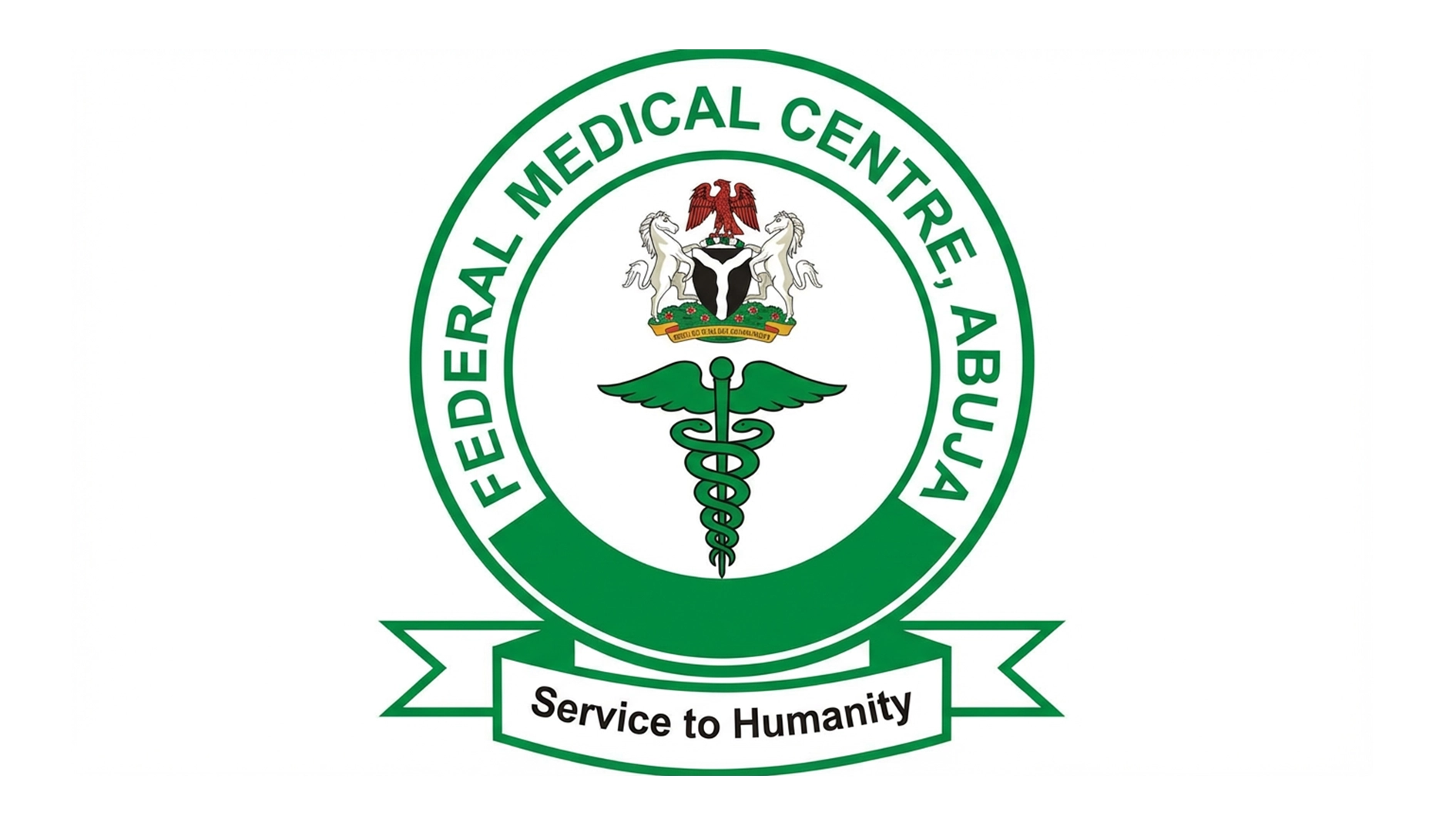• 134 councils at high risk of outbreak, records 9,929 cases
Nigeria continues to battle recurrent cholera outbreaks, with 9,929 cases and 235 deaths recorded across the 36 states and the Federal Capital Territory (FCT) by September this year.
The Government of Japan, which disclosed the figures, also warned that 134 local councils remain at high risk of severe outbreaks and called for urgent funding to strengthen prevention and response efforts.
Japanese Ambassador to Nigeria, Suzuki Hideo, spoke during the handover of critical cholera response kits to Nigeria as part of a project to bolster national preparedness and outbreak response.
He explained that the supplies were procured under the “Cholera Outbreak Preparedness and Response in Nigeria” initiative, funded by a $500,000 grant from the Government of Japan in partnership with the World Health Organisation (WHO).
The donation includes cholera central and periphery kits, Oral Rehydration Point (ORP) kits, infection prevention and control materials, diagnostic tools, laboratory modules, sanitation hardware, logistics support, and lifesaving supplies for Cholera Treatment Centres (CTCs), Cholera Treatment Units (CTUs) and ORPs nationwide. The commodities are now being deployed to high-risk councils and states with ongoing outbreaks.
Hideo said timely detection and community-level management contributed to a reduction in Nigeria’s case fatality rate from 3.0 per cent in 2024 to 2.4 per cent this year, but noted that the figure remains well above the WHO standard of less than 1 per cent. “Cholera continues to pose a serious public health threat across Nigeria,” he warned, adding that Japan remains committed to saving lives and strengthening community resilience.
He said the assistance will help Nigeria detect cases early, contain outbreaks, and protect vulnerable populations. “This support strengthens Nigeria’s capacity to respond swiftly through essential materials such as diagnostic kits, rehydration supplies and logistics. The goal is clear: to detect cases early, contain their spread, and protect the lives of those most at risk.”
WHO Country Representative in Nigeria, Dr Pavel Ursu, said cholera remains a major public health challenge, with all 36 states and the FCT affected this year. States in the Northeast and Northwest have been hardest hit. He said the WHO has been supporting the Ministry of Health and partners to strengthen surveillance, improve case management, and expand preventive measures.
Ursu noted that school-age children (5–14 years) and pre-schoolers carry a disproportionate share of the disease burden, highlighting the vulnerability of younger populations. He attributed continued transmission to seasonal flooding, inadequate access to safe water and sanitation, and population displacement.
He described Japan’s support as vital, saying each cholera kit is designed to treat about 100 cases during the first weeks of an outbreak response. “This contribution is not just a shipment of supplies; it is a lifeline for communities at risk and a reaffirmation of Japan’s longstanding commitment to global health security,” he said.
While thanking Japan for its support, he urged more investment in water, sanitation and hygiene (WASH) infrastructure and scale-up of oral cholera vaccines in high-risk areas. With sustained commitment, he said.
Nigeria can meet the global goal of reducing cholera deaths by 90 per cent by 2030. Receiving the supplies, the Director-General of the Nigeria Centre for Disease Control and Prevention (NCDC), Dr Jide Idris, acknowledged that cholera remains a recurrent threat due to inadequate water and sanitation access, displacement, insecurity, weak community-based surveillance, low vaccine coverage, and gaps in WASH infrastructure in high-burden councils.
Idris warned that the situation is being complicated by the rapid emergence of antibiotic-resistant cholera strains, driven by misuse of antibiotics, poor infection control in health facilities, self-medication, and the use of sub-therapeutic antibiotics in livestock feed.
Despite these challenges, he said Nigeria has made progress, including the establishment of an inter-ministerial committee on cholera, a reduction in case fatality from 3.3 per cent to 2.3 per cent, and increased investment in vaccine procurement and local production.
He added that Japan’s support aligns with the National Strategic Plan of Action on Cholera Control (NSPACC) 2025–2029 and moves the country closer to the global target of achieving a case fatality rate below 1 per cent and eliminating cholera by 2030.
“This support comes at a critical time as Nigeria strengthens lessons from past cholera seasons. These resources will significantly enhance national and state-level capacities for treatment, early detection, and rapid response,” he said.
Idris reiterated that ending cholera is not just a public health goal but a moral imperative. He pledged that the NCDC will ensure transparency and accountability in the use of the donated items, describing the support as a symbol of the strong partnership between Japan and Nigeria.






